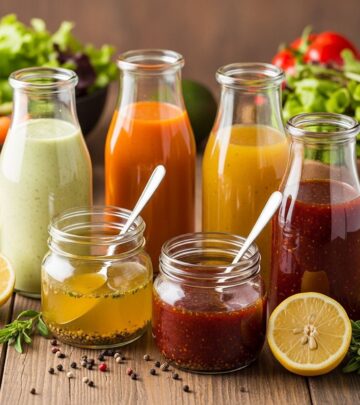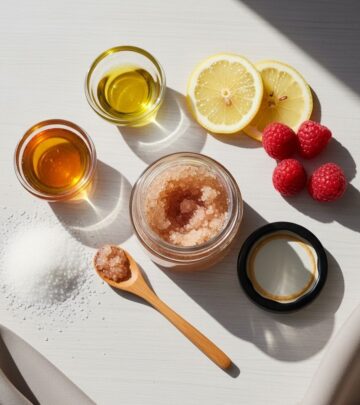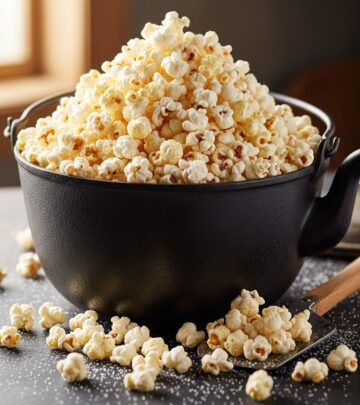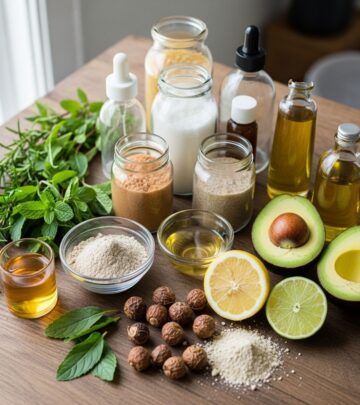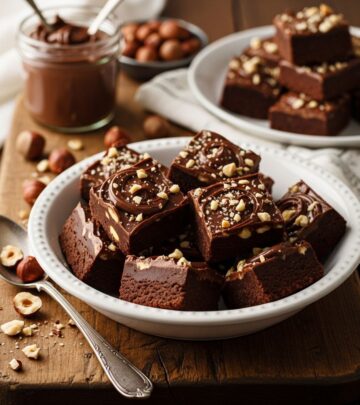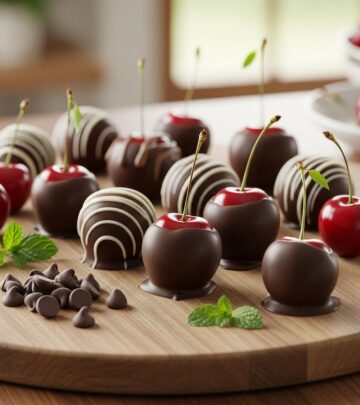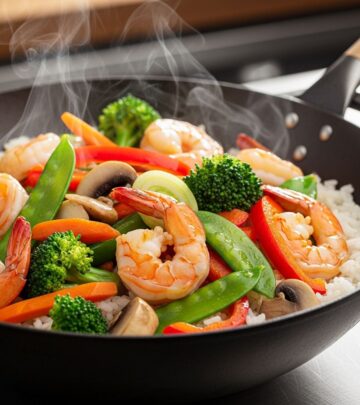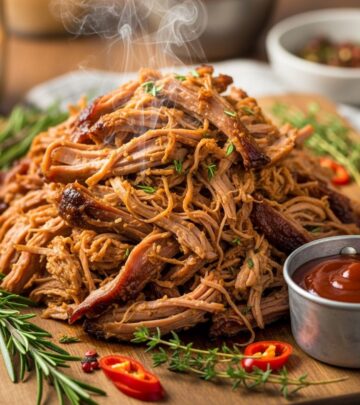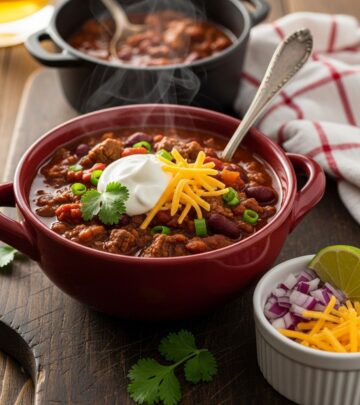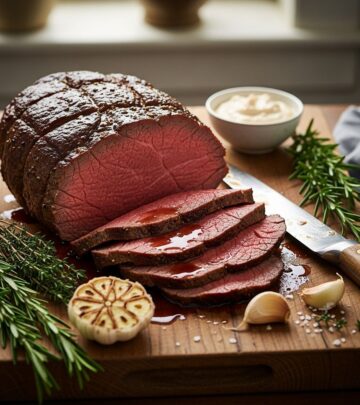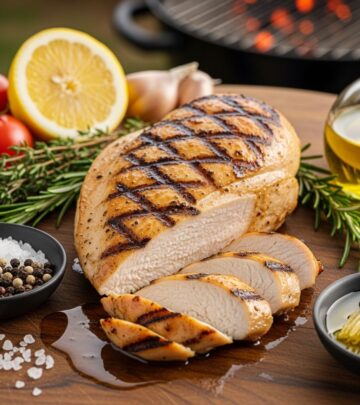Roasted Duck Recipe: Essential Guide To Crispy, Juicy Perfection
Master the art of roasting duck with this foolproof method for tender, flavorful results every time
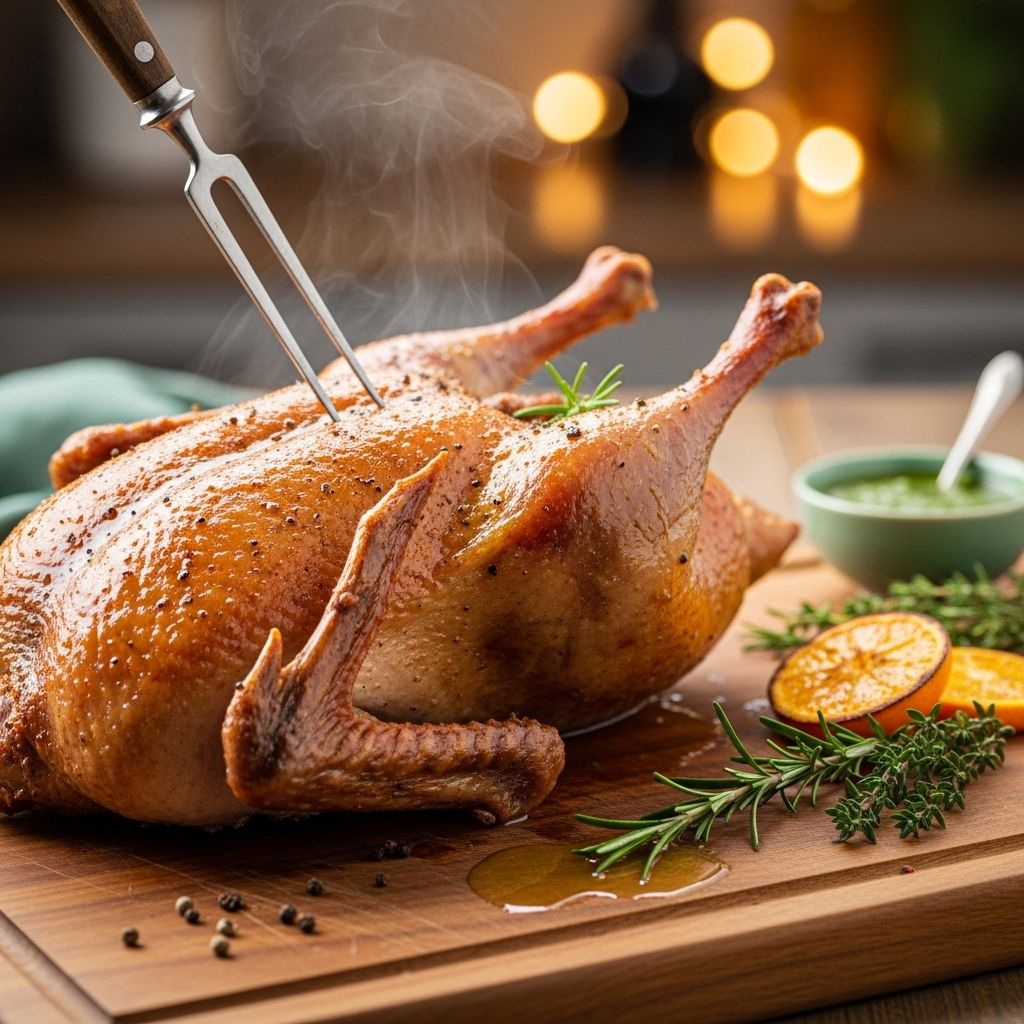
Image: HearthJunction Design Team
Perfect Roasted Duck: A Simple, Delicious Gourmet Recipe
Roasting a whole duck might seem intimidating if you’ve never attempted it before, but with the right techniques and a bit of patience, you can create a show-stopping centerpiece that rivals any restaurant offering. This comprehensive guide will walk you through creating a beautifully roasted duck with crispy, golden-brown skin and tender, juicy meat infused with aromatic spices. Whether you’re planning a special holiday meal or simply want to elevate your weekend dinner, this roasted duck recipe is sure to impress.
Understanding Duck: Why It’s Different from Chicken
Before diving into the recipe, it’s important to understand what makes duck unique compared to other poultry. Duck is distinctly different from chicken in several key ways that affect how we should approach cooking it:
- Duck has a significantly higher fat content, particularly under the skin
- The meat is darker and richer in flavor with a more robust texture
- Duck skin is thicker and requires different techniques to achieve crispiness
- The fat must be rendered properly to avoid a greasy final dish
These differences mean that duck benefits from different cooking techniques than you might use for chicken. The higher fat content means duck can withstand longer cooking times without drying out, but proper rendering of that fat is crucial for the best texture and flavor.
Ingredients You’ll Need
One of the beauties of this recipe is its simplicity. You’ll need just a few key ingredients to create a magnificent roasted duck:
- 1 whole duck (5-6 pounds)
- 2 tablespoons salt
- 1 teaspoon ground black pepper
- 1 teaspoon garlic powder
- ½ cup butter, melted
- 1 tablespoon paprika
- 1 teaspoon dried thyme
The simplicity of these ingredients allows the natural flavor of the duck to shine while enhancing it with complementary seasonings. The butter basting is particularly important as it helps achieve that beautiful golden skin while adding richness to the meat.
Essential Equipment
To successfully prepare this roasted duck, you’ll need a few basic pieces of kitchen equipment:
- Roasting pan with rack (to elevate the duck above the dripping fat)
- Sharp knife or kitchen shears (for scoring the skin)
- Meat thermometer (to ensure proper doneness)
- Basting brush
- Aluminum foil
Having the right equipment ensures that your duck roasts evenly and that you can monitor its progress accurately. The roasting rack is particularly important as it allows the fat to drain away from the duck during cooking.
Preparation: Setting Up Your Duck for Success
Proper preparation is crucial for a successfully roasted duck. Follow these steps before the duck goes in the oven:
Thawing Your Duck
If you’re working with a frozen duck, proper thawing is essential. For food safety and best results:
- Thaw the duck in the refrigerator for 2-3 days before cooking
- Never thaw at room temperature, as this can allow harmful bacteria to grow
- Once thawed, remove from packaging and pat dry thoroughly with paper towels
Prepping the Duck
Duck preparation requires a few special steps to ensure proper fat rendering and crispy skin:
- Preheat your oven to 375 degrees F (190 degrees C)
- Remove the neck and giblets from the cavity (save these for making stock if desired)
- Rinse the duck inside and out under cold running water
- Pat the duck completely dry with paper towels (this is crucial for crispy skin)
- Using a sharp knife, score the skin in a diamond pattern, being careful not to cut into the meat
- Prick the skin all over with a fork, focusing on the fatty areas like the breast and thighs
These preparation steps are essential for allowing the fat to render properly during roasting. The scoring and pricking create channels for the fat to escape, resulting in crispier skin and less greasy meat.
Creating the Perfect Spice Rub
The spice rub for this roasted duck is simple yet incredibly effective at enhancing the natural flavors of the meat:
- In a small bowl, combine the salt, black pepper, garlic powder, paprika, and dried thyme
- Mix thoroughly to ensure all spices are evenly distributed
- Rub this mixture all over the outside of the duck
- Sprinkle some of the mixture inside the cavity as well
This balanced combination of spices provides a savory foundation that complements the rich, gamey flavor of duck without overpowering it. The paprika adds a subtle color and mild sweetness, while the thyme contributes an aromatic, herbal note.
The Roasting Process: Timing and Temperature
Roasting a duck properly requires attention to timing, temperature, and technique. Here’s the step-by-step process:
- Place the seasoned duck breast-side up on the rack in your roasting pan
- Put the duck in the preheated oven and roast for 1 hour
- Remove from the oven and carefully drain off any accumulated fat (save this liquid gold for cooking potatoes or vegetables later)
- Prick the skin again to release more fat
- Brush the duck all over with melted butter
- Return to the oven and roast for another 30 minutes
- Repeat the butter basting process and roast for a final 30 minutes
The total cooking time will be approximately 2 hours for a 5-6 pound duck. However, the most reliable indicator of doneness is internal temperature. A properly cooked duck should reach 165°F (74°C) at the thickest part of the thigh when tested with a meat thermometer.
The Art of Basting
Basting is a crucial technique for developing the wonderfully crisp, flavorful skin that makes roasted duck so special. The butter basting in this recipe serves several purposes:
- It helps the skin become golden brown and crispy
- It adds rich flavor to the exterior of the duck
- It keeps the surface of the duck moist during the long roasting process
- https://www.allrecipes.com/recipe/65147/roasted-duck/
- https://www.allrecipes.com/gallery/duck-recipes/
- https://www.allrecipes.com/recipe/207282/chicago-style-roast-duck/
- https://www.allrecipes.com/recipe/259008/garlic-roasted-duck-breast/
- https://www.allrecipes.com/recipe/18777/roast-duck-with-apple-dressing/
References
Read full bio of medha deb

